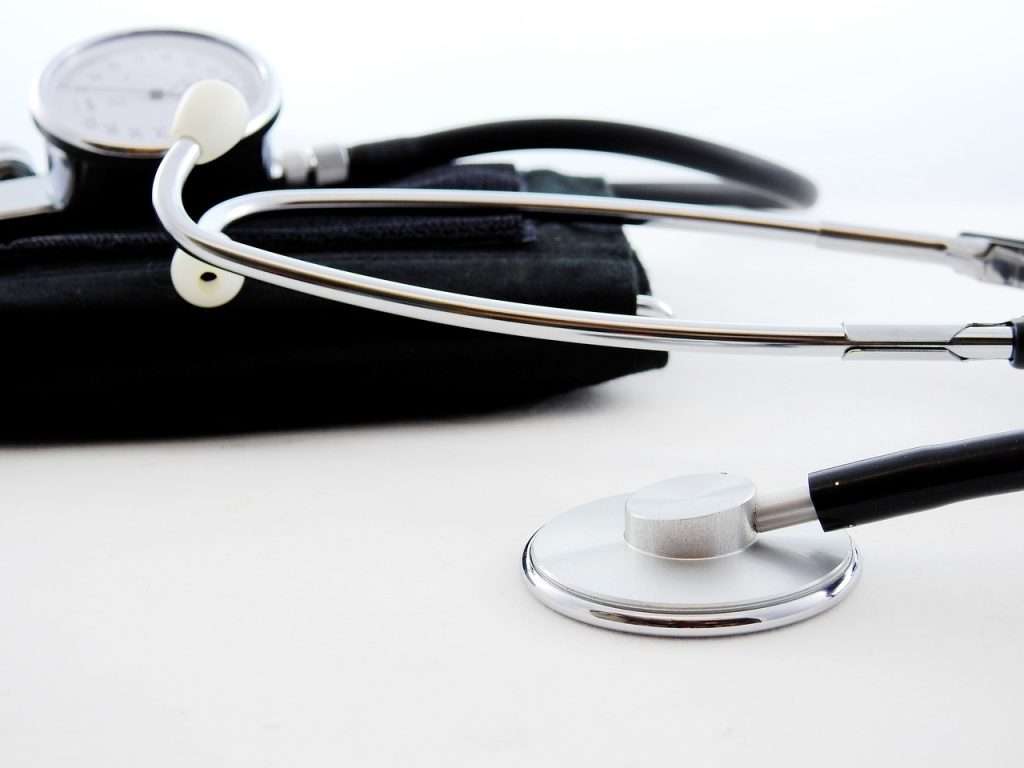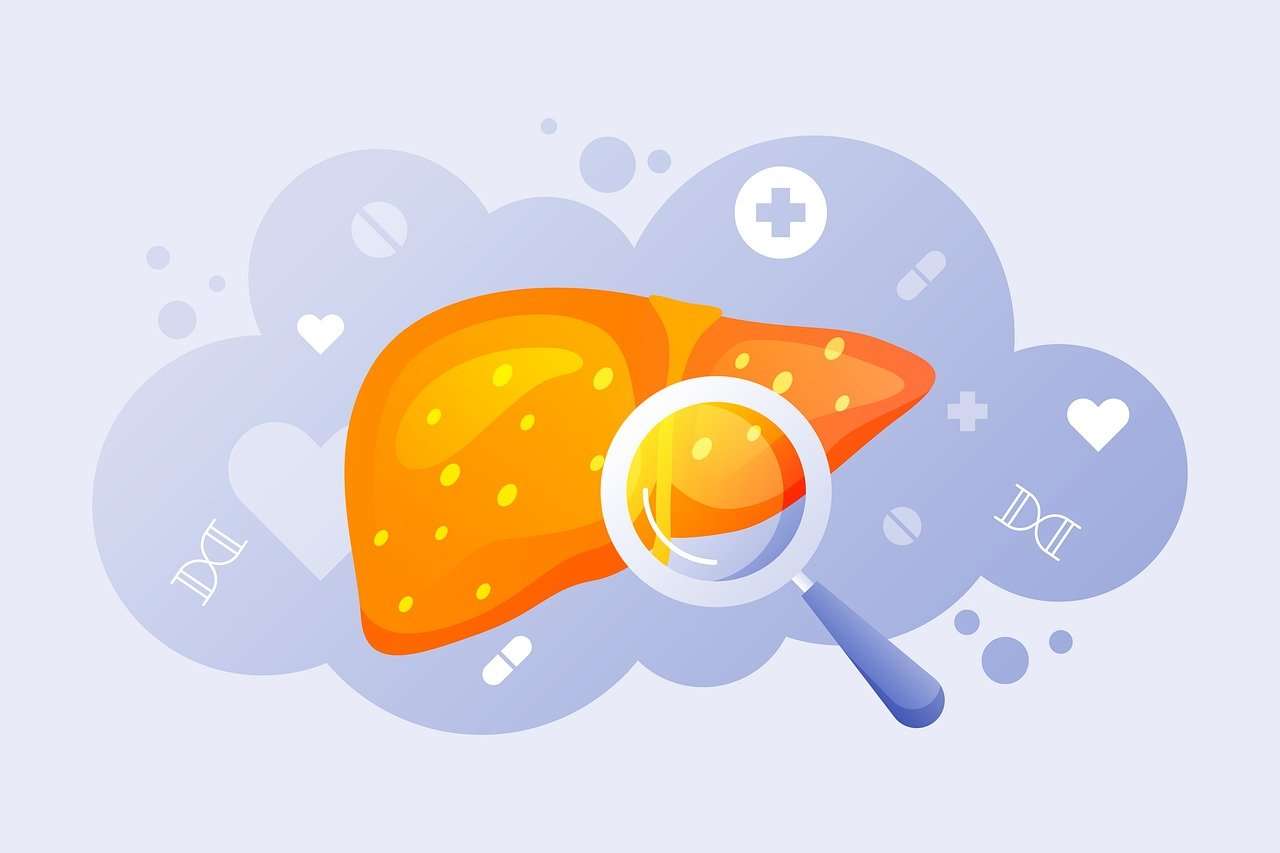The liver is the body's largest solid organ as well as a crucial one. It performs a variety of functions, including filtering all of our blood and breaking down harmful compounds such as alcohol and narcotics. Alcohol consumption, particularly in excess, can damage the liver and produce a variety of disorders ranging from fatty liver to cirrhosis. Fortunately, there are techniques to preserve the liver and possibly reverse the damage.
Excessive alcohol consumption can have detrimental effects on the liver, leading to conditions such as fatty liver, alcoholic hepatitis, and cirrhosis. Here are some tips on how to prevent liver damage from alcohol:
- Limit Alcohol Intake: The most effective way to prevent alcohol-related liver damage is to limit your alcohol consumption. For adults, moderate drinking is generally defined as up to one drink per day for women and up to two drinks per day for men.
- Stay Hydrated: Drinking plenty of water can help flush toxins from your body and support overall liver function. It's essential to stay well-hydrated, especially if you consume alcohol.
- Eat a Healthy Diet: A well-balanced diet that includes fruits, vegetables, whole grains, and lean proteins can contribute to overall liver health. Avoid excessive intake of processed foods, saturated fats, and sugars.
- Take Care with Medications: Some medications can interact with alcohol and potentially harm the liver. Consult with your healthcare provider about the safety of combining alcohol with any medications you are taking.
- Avoid Binge Drinking: Binge drinking, defined as consuming large amounts of alcohol in a short period, can significantly increase the risk of liver damage. Spread your alcohol intake over time and avoid heavy drinking episodes.
- Take Breaks from Alcohol: Consider having alcohol-free days or periods, allowing your liver time to recover. This can be particularly beneficial if you have a history of heavy or frequent drinking.
- Monitor Liver Health: If you are a regular drinker, it's advisable to monitor your liver health through regular check-ups and liver function tests. This can help detect any issues early on when they may be more manageable.
- Exercise Regularly: Regular physical activity is associated with better liver health. Exercise can help maintain a healthy weight and improve overall cardiovascular health, which indirectly benefits the liver.
- Seek Professional Help: If you find it challenging to control your alcohol intake, consider seeking professional help. Support groups, counseling, or medical intervention can be valuable in addressing alcohol dependence.
Remember that individual responses to alcohol vary, and what may be considered moderate for one person could be excessive for another. If you have concerns about your alcohol consumption or liver health, it's crucial to consult with a healthcare professional for personalized advice and guidance.

We are not doctors, therefore please see a health expert if you have any health concerns.
News, Health, Travel, Jobs, Top Trending, Top Viral & Entertainment. Follow Us on Social Media
Telegram: Infimor | Instagram: Infimor | Facebook: Infimor LinkedIn: Infimor | YouTube: Infimor
KK
